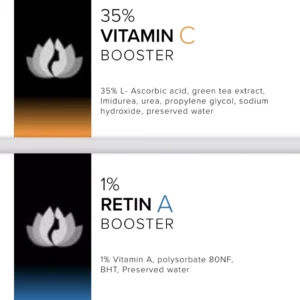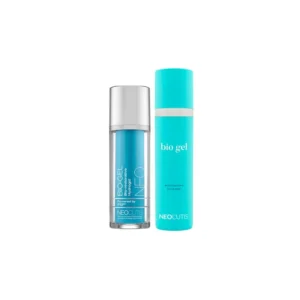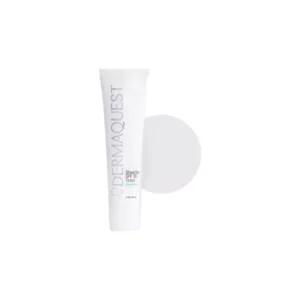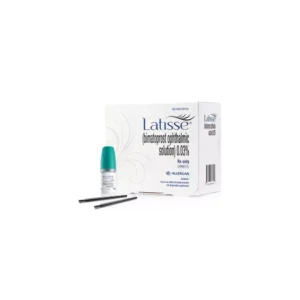Here are some key roles of Retin-A in anti-aging skincare:
1. Stimulates Collagen Production: Retin-A promotes the production of collagen, a protein that provides structural support to the skin. Collagen production naturally declines with age, contributing to the formation of wrinkles and fine lines. By increasing collagen synthesis, Retin-A helps improve skin elasticity and reduce the appearance of wrinkles.
2. Increases Cell Turnover: Retin-A accelerates the turnover of skin cells, encouraging the shedding of old, damaged cells and the generation of new, healthy ones. This process helps improve skin texture, minimize the appearance of fine lines, and promote a smoother complexion.
3. Unclogs Pores and Prevents Acne: Retin-A is effective in preventing and treating acne by promoting the shedding of dead skin cells, preventing the formation of comedones (clogged pores), and reducing inflammation. Clearing pores and preventing acne can contribute to a more youthful and even skin tone.
4. Reduces Hyperpigmentation: Retin-A can help fade dark spots, sunspots, and other forms of hyperpigmentation by promoting even skin tone through increased cell turnover. This is particularly beneficial for those with sun-damaged skin.
5. Improves Skin Texture: The exfoliating and regenerative effects of Retin-A contribute to a smoother and more refined skin texture. It can minimize the appearance of rough patches and enhance the overall radiance of the skin.
6. Enhances Absorption of Other Skincare Products: Retin-A can improve the penetration and absorption of other skincare products. This means that when used in combination with other anti-aging ingredients, such as antioxidants or moisturizers, Retin-A can enhance their effectiveness.
It’s important to note that Retin-A is a potent and prescription-strength retinoid. Some considerations when using Retin-A include:
• Start Slowly: Begin with a lower concentration and gradually increase as your skin builds tolerance. This can help minimize potential irritation.
• Use Sunscreen: Retin-A can increase sensitivity to sunlight. It is crucial to use a broad-spectrum sunscreen during the day to protect the skin from UV damage.
• Consult a Dermatologist: Due to its potency, it’s advisable to consult with a dermatologist before incorporating Retin-A into your skincare routine. They can recommend the appropriate strength and guide you on how to use it effectively.
• Expect an Adjustment Period: It’s common to experience some redness, dryness, or peeling initially as the skin adjusts to Retin-A. This usually improves with continued use.
Individual responses to Retin-A can vary, and it may not be suitable for everyone.



